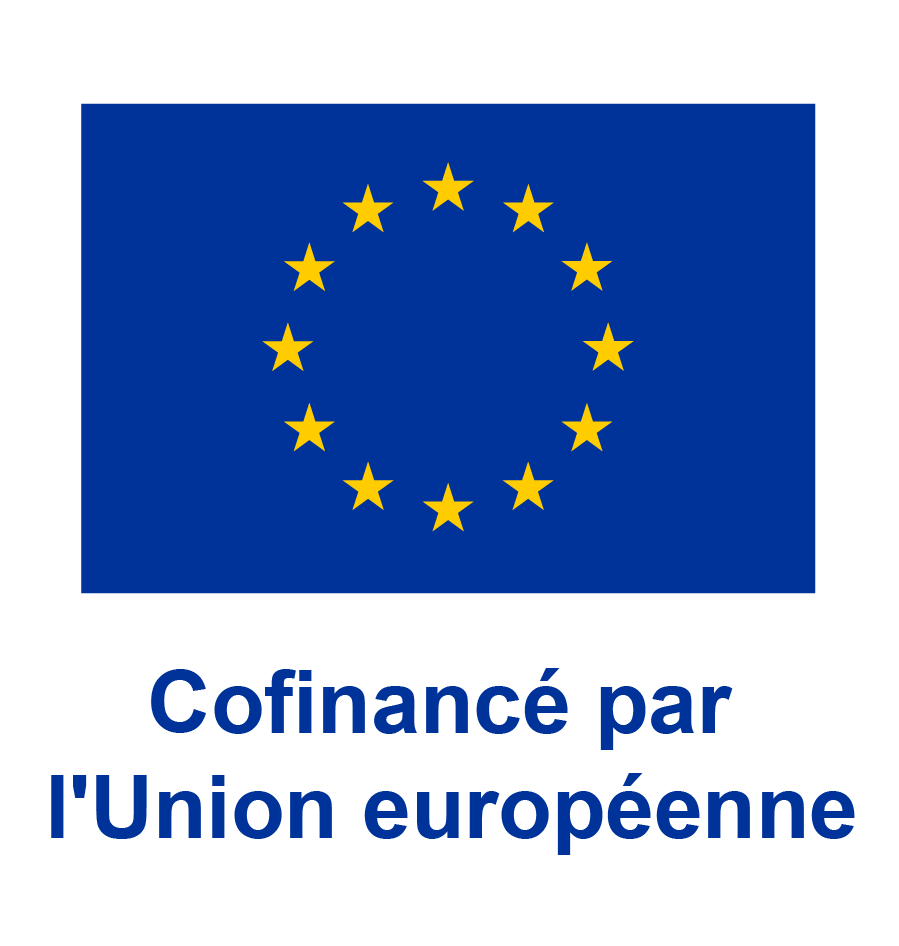Les ouvertures de crédit : pour quoi faire? Rapport complet
L'investissement socialement responsable en Belgique
Guide des placements éthiques et solidaires - Edition 2004
Comment placer son épargne selon des principes éthiques, sociaux, solidaires et environnementaux
Elaboration d'un service bancaire universel - 2ème partie : l'accès au crédit et l'exemple du Community Reinvestment Act
Elaboration d'un service bancaire universel - 1ère partie : l'accès ou le maintien d'un compte bancaire
L'investissement socialement responsable en Belgique
Étude portant sur une proposition de définition d'une norme légale d'investissement socialement responsable
Définition d'un cadre normatif à l'investissement socialement responsable, basé sur les conventions internationales ratifiées par la Belgique, et dans l'objectif d'asseoir une cohérence et une exigence de qualité du marché ISR. Introduction Méthodologie Questions liminaires Les listes noires existant au niveau international Les conventions internationales La proposition d'une norme minimale Les résultats de la consultation Annexes
Mutual learning on Financial Inclusion
What is this mutual learning on financial inclusion project about?
Financial exclusion can be defined as "a process whereby people encounter difficulties accessing and/or using financial services and products in the mainstream market that are appropriate to their needs and enable them to lead a normal social life in the society in which they belong1." The Mutual Learning on Financial Inclusion project, or MuLFI as we like to call it, approaches this issue from a positive aspect by fostering exchanges and debates on solutions to better financially include users.
The MuLFI project is therefore entirely in accordance with the PROGRESS programme that "aims to support exchanges on policies, good practice and innovative approaches and to promote mutual learning in the context of the social protection and inclusion strategy"2.
Moreover, it is the continuation of the study “Financial services provision and prevention of financial exclusion” also coordinated by the Réseau Financement Alternatif. It was carried out from January 2007 to February 2008 for the European Commission Employment, Social Affairs and Equal Opportunities DG.
Completed in May 2008 by hosting a large final conference, this study has given the first comprehensive picture of the nature and extent of financial exclusion in Europe. Moreover, most effective policy measures to promote access to financial services and prevent financial exclusion were introduced.
The MuLFI project has two main directions: a data collection and analysis axis and a mutual learning axis. The first axis allowed developing four databases serving as tools in the domain :
- Who's who in the field of financial inclusion
- A bibliography regrouping literature on financial inclusion
- Financial inclusion indicators
- Best practices
The mutual learning and dissemination axis is carried out through the website www.fininc.eu, the newsletters, the workshops and the final conference.
The ten workshops on eight different sub-themes of financial inclusion have reunited relevant stakeholders of various European countries to exchange their knowledge, interest and needs on policies, good practices and innovative approaches to promote financial inclusion.
Finally, the final conference held in Brussels on 5-6 November 2009 was the occasion to summarise the project's main findings. It also allowed gathering a significant number of stakeholders on financial inclusion in Europe to exchange learning and knowledge on the topic.
1 Financial Services provision and prevention of financial exclusion, March 2008, http://www.fininc.eu/gallery/documents/final-report-2007-and-summary/financial-services-provision-and-prevention-of-financial-exclusion-final-report.pdf
2 Open Call for Proposals, VP/2007/012, Mutual Learning on Social Inclusion and Social Protection, Under Budget Line 04.04.01.02, July 2007
1 What is this mutual learning on financial inclusion project about? 2 A great mix of actors involved 3 Country Context Mutual Learning 3.1 Belgium 3.1.1 Banking Situation 3.1.2 Credit Situation 3.1.3 Success Stories 3.1.4 Main Priorities 3.2 Bulgaria 3.2.1 Banking Situation 3.2.2 Credit Situation 3.2.3 Success Stories 3.2.4 Main priorities 3.3 France 3.3.1 Banking Situation 3.3.2 Credit Situation 3.3.3 Success Stories 3.3.4 Main Priorities 3.4 Germany 3.4.1 Banking Situation 3.4.2 Credit Situation 3.4.3 Success stories 3.4.4 Main Priorities 3.5 Greece 3.5.1 Banking Situation 3.5.2 Credit Situation 3.5.3 Success Stories 3.5.4 Main Priorities 3.6 Ireland 3.6.1 Banking Situation 3.6.2 Credit Situation 3.6.3 Success Stories 3.6.4 Main Priorities 3.7 Italy 3.7.1 Banking Situation 3.7.2 Credit Situation 3.7.3 Success Stories 3.7.4 Main Priorities 3.8 Netherlands 3.8.1 Banking Situation 3.8.2 Credit Situation 3.8.3 Success Stories 3.8.4 Main Priorities 3.9 Norway 3.9.1 Banking Situation 3.9.2 Credit Situation 3.9.3 Success Stories 3.9.4 Main Priorities 3.10 Poland 3.10.1 Banking Situation 3.10.2 Credit Situation 3.10.3 Success Stories 3.10.4 Main Priorities 3.11 Spain 3.11.1 Banking Situation 3.11.2 Credit Situation 3.11.3 Success Stories 3.11.4 Main Priorities 3.12 Slovakia 3.12.1 Banking Situation 3.12.2 Credit Situation 3.12.3 Success Stories 3.12.4 Main Priorities 4 Main Financial Inclusion Issues 4.1 Basic Banking Account 4.2 Financial Inclusion Indicators 4.3 Regulation 4.4 Overindebtedness prevention 4.5 Credit Unions and Microfinance 4.6 Financial Education and Cooperatives 4.7 Financial Education (general) 4.8 Corporate Social Responsibility and financial inclusion 4.9 Migrants and Financial Inclusion 4.10 Overindebtedness Treatment - Debt Settlement: Financial Inclusion or Exclusion? 5 What still needs to be done... 5.1 ...on the bank account access and use side 5.2 ...on the credit access and use side 6 Mutual Learning... should go on!


